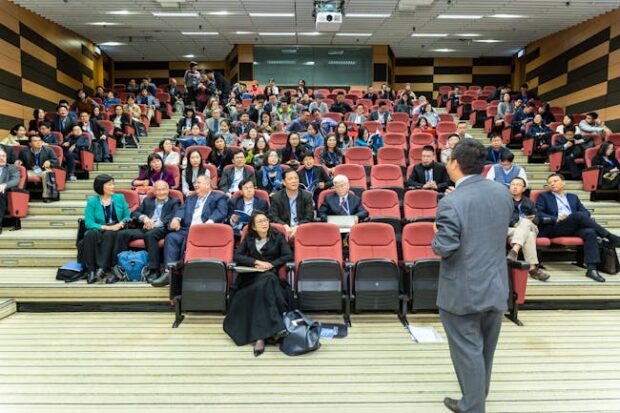
Representatives from the INTERPOL Asia and South Pacific Joint Operations on Cybercrime (ASPJOC) formed their first working group in Manila.
They convened from September 17 to 19, 2024, to promote cooperation and exchange best practices for more effective cybercrime fighting.
READ: The top AI cybercrime threats and solutions
The Cybercrime Investigation and Coordinating Center (CICC), in collaboration with the Philippine Center for Transnational Crime (PCTC), hosted the Mania event. Also, it involved representatives from the following ASPJOC countries:
- Brunei
- Cambodia
- Fiji
- Indonesia
- Kiribati
- Laos
- Malaysia
- Marshall Islands
- Nauru
- Papua New Guinea
- Philippines
- Samoa
- Singapore
- Solomon Islands
- Thailand
- Timor-Leste Tongo
- Vanuatu
- Vietnam
Executive Secretary Lucas Bersamin emphasized the ASPJOC meeting’s importance. The Manila event will help combat online threats and facilitate law enforcement.
“It is through these working group meetings that we can confront the cross-formulations of cybercrime,” he said in a speech delivered during the fellowship night.
“It is also through these meetings that we can share best practices, develop robust mechanisms for sharing cybercrime intelligence, and foster collaboration between law-enforcing agencies,” Bersamin added.
The Executive Secretary also highlighted the Philippines’ role in the global cybercrime initiative:
“As we gather here tonight, let us remember that the fight against cybercrime is not just a technical challenge. It is a fight to protect our citizens, our institutions, and our way of life.”
“It is a battle that demands steadfast dedication, cooperation, and teamwork,” he said.
CICC Executive Director Alexander K. Ramos also thanked the INTERPOL and ASPJOC members for choosing the Philippines for their first meeting.
Enrique Hernandez Gonzalez, Assistant Director of Cybercrime Operations of the Cybercrime Directorate INTERPOL, explained why they called the Manila event a “working group’:
“For us, it’s important that we have a follow-up, that we keep the communications once all of us go back home,” he said.